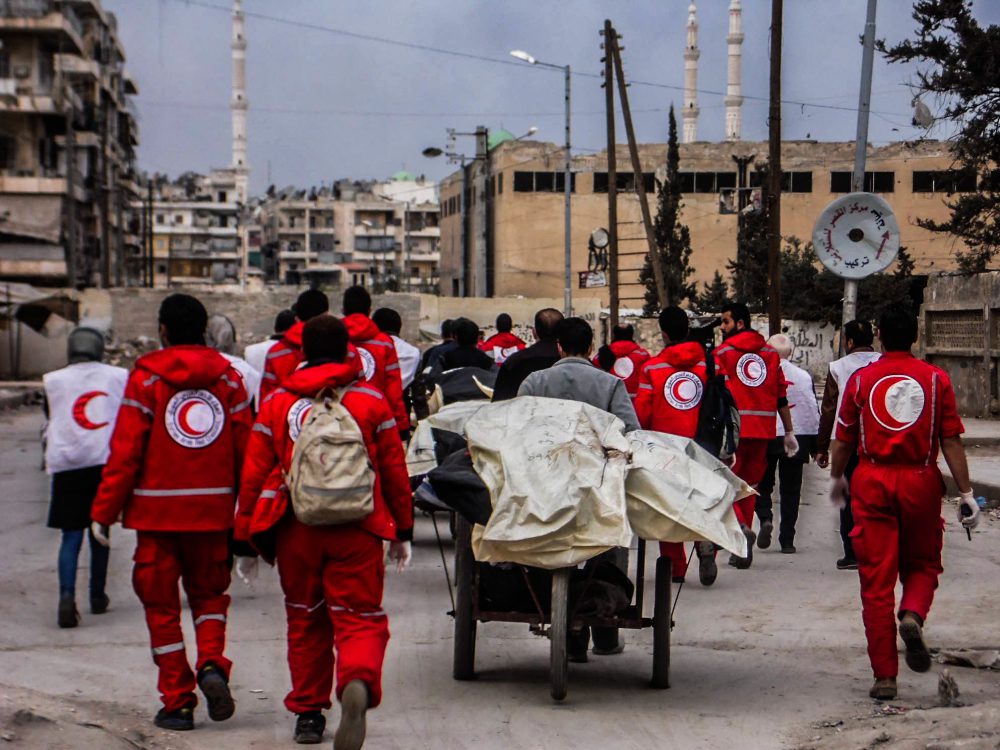
- This event has passed.
Psychosocial Support in National Emergencies

27 February to 2 March 2018: Psychosocial Support in National Emergencies
Psychosocial Support in National Emergencies
Copenhagen, 27 February to 2 March 2018
Training objectives
In times of emergency, psychosocial responders are responsible for planning and supporting psychosocial activities as part of the emergency response. This training will enable participants to plan and implement psychosocial responses in the direct response in national emergencies. The training builds on IFRC strategic frameworks and strategies and global minimum standards for humanitarian agencies for gender, violence prevention, child protection and community engagement and accountability. The training prepares the psychosocial responder for field work in psychosocial support by giving a clear understanding of concepts of psychosocial support in emergencies. Participants will learn how to implement suitable psychosocial support activities and familiarize themselves with assessment, planning and monitoring tools for national responses during times of crisis. The training uses a participatory approach promoting interaction and engagement in the learning process and is based on problem-based learning. Participants are required to be familiar with core concepts in psychosocial support, have read the relevant manuals and supporting documents as listed below. They must also have an interest in problem-based and participatory facilitation methods and tools. The training is conducted in English, therefore participants must have sufficient language skills to participate actively during the sessions. The training will cover the following topics:- Basic concepts of crisis event and psychosocial support
- Risks, resilience and protective factors for communities affected by crisis events
- Reflecting on the role and mandate of their National Society in crisis events
- Assessing the needs of the affected population
- Integrating community engagement and accountability in psychosocial supports
- Planning, designing and implementing psychosocial activities
- Integrating child protection and protection aspects in psychosocial programming
- Establishing child and other friendly spaces
- Exploring how to ensure linkages with other sectors
- Coordinating and cooperating with other stakeholders
- Practicing preparation and training volunteers
- Understanding the importance of caring for staff and volunteers
Categories: 2018 PS Academy Trainings
